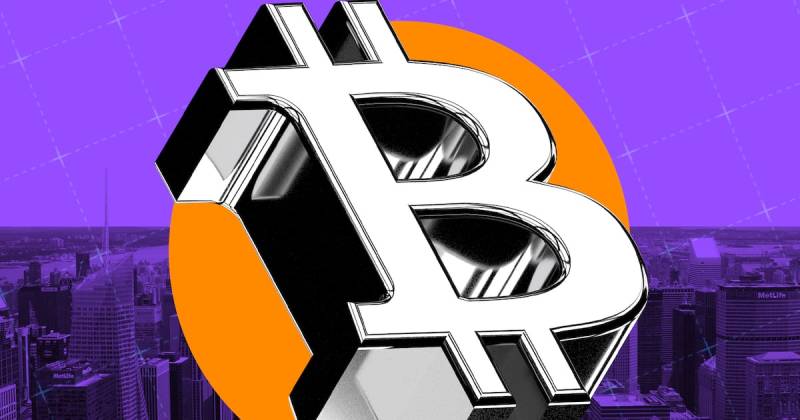 |
|
 |
|
 |
|
 |
|
 |
|
 |
|
 |
|
 |
|
 |
|
 |
|
 |
|
 |
|
 |
|
 |
|
 |
|
Cryptocurrency News Articles
The law related to token securities (STO) has been created and it is expected that this will be the last public hearing
Feb 28, 2025 at 04:14 pm
Participants at the seminar held on the 28th at the Korea Exchange in Yeouido, Seoul, titled "Integration of digital finance ecosystem and token

The Digital Finance Hub Committee of the Democratic Party of Korea held a seminar on the integration of the digital finance ecosystem and token securities at the Korea Exchange in Yeouido, Seoul, on the 28th. The event was attended by over 200 people from industry, government, and academia.
The seminar began with a discussion on the status of legislation on token securities (STO). After the Financial Services Commission announced measures to reorganize the issuance and distribution system of token securities two years ago, amendments to the Electronic Securities Act and the Capital Markets Act were proposed in the 21st National Assembly that year. However, the bills were automatically discarded due to the expiration of the National Assembly’s term in May of last year. With the opening of the 22nd National Assembly, amendments to the Electronic Securities Act and the Capital Markets Act were proposed again in October of last year.
In his opening remarks, which were delivered by Lee Han-joo, head of the Democratic Party’s Research Institute, party leader Lee Jae-myung said, "If we open the digital asset market and the world’s digital assets come to Korea and are traded, corporations will find new opportunities." He added that the country that seizes digital finance will gain dominance in future finance.
The first presentation was by Kim Dae-ik, Partner at PWC Consulting, on the topic of The Impact of STO on Economic Growth. According to Kim, through STO, everything that exists in this world can be contained in tokens and traded. STO refers to securities that are digitized by registering existing assets in a distributed ledger, which is a technology used in cryptocurrencies.
Compared to traditional securities, STO has the advantage of quickly opening up investment markets that have high barriers, reducing the cost incurred by the complex stages of transaction, and overcoming the physical constraints of existing securities. According to Kim, the global STO market is expected to grow at an average annual rate of 39% by 2030, reaching 2.3 quadrillion won, which is about 10% of the global Gross Domestic Product.
However, in South Korea, as the relevant laws have not been established yet, there is no distribution or issuance of STO. "Our corporations cannot enter the domestic market and they are reporting cases of issuance in foreign countries,” said Kim. In a case of Japan, as of 2020, tokenization has been taking place in traditional financial sectors, starting with stocks, then moving to bond securitization and corporate bond issuance. In the United States, real estate assets were tokenized in 2018, and as of last year, 15 local exchanges handle STO.
"By creating an environment for digital asset projects to operate in Korea, we can achieve the goal of becoming a ‘global financial hub’. Our country has a solid industrial base and the capacity to quickly catch up with other countries. We need to provide strong institutional support such as simplifying the issuance process and quickly integrating the capital market system,” said Kim.
The second presentation was by Hwang Hyun-il, Lawyer at Sejong Law Firm, on the Critical Analysis of the Proposed Measures for Introducing Token Securities. Pointing out the shortcomings of the government’s proposed measures for STO, Hwang said, “When setting the capital requirements for the issuer’s account management agency, they should be established in proportion to the issuance volume rather than uniform early standards.”
He also noted the need to improve regulations that limit the issuer’s role to only issuance and prevent them from distributing the issued tokens. “Issuance is broadly divided into three types: the issuer who bears obligations according to securities; the underwriter who takes on unsold quantities; and the broker who connects the issuer and investors,” explained Hwang.
He added that the size of the conflict of interest differs when issuers and underwriters are entrusted with distribution at the same time. The issuer’s participation in the distribution market poses risks of abuse and conflict, but it is essential for the efficient mobilization of the capital market to allow it. In essence, it would be political to allow securities companies to offer distribution services for the securities they underwrite.
Hwang also suggested that it would be desirable to eliminate the annual investment limit for investors. The Financial Services Commission plans to set an annual limit on the amount investors can invest during the institutionalization process of STO, given that it is a new product. However, according to Hwang, the type of bowl does not change the amount of food an investor eats. The food itself is more important.
In an analogy used by the Financial Services Commission, the form of issuance (physical securities, electronic securities, token securities) is like the bowl, and securities (equity securities, debt securities, revenue securities, etc.) are like the food. The new point of the metaverse is interoperability, and the new point of the capital market is synergy.
Also participating in the discussion were members of the Token Securities Council, including Chair Shin Beom-jun (representative of
Disclaimer:info@kdj.com
The information provided is not trading advice. kdj.com does not assume any responsibility for any investments made based on the information provided in this article. Cryptocurrencies are highly volatile and it is highly recommended that you invest with caution after thorough research!
If you believe that the content used on this website infringes your copyright, please contact us immediately (info@kdj.com) and we will delete it promptly.





















































